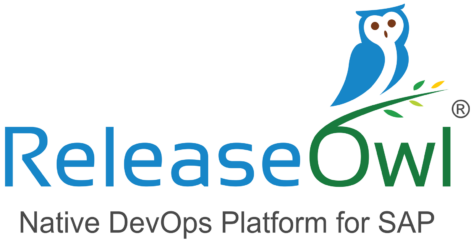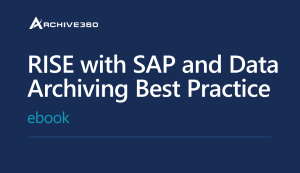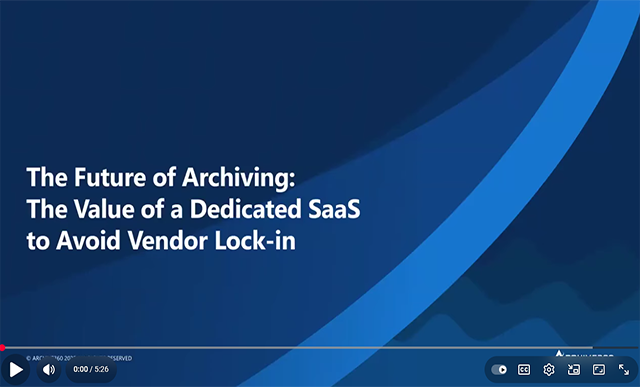SAP Data Archiving
What Is Data Archiving?
Data archiving is the process of identifying data that is no longer active or infrequently used and moving it out of production systems into a separate storage device for long-term storing. Data archiving is sometimes referred to as enterprise information archiving, or EIA.
A business may conduct data archiving to meet compliance or information governance requirements, lawsuit management, reduce storage load and costs, or for reasons related to business intelligence.
Today, data’s value potential has increased, and businesses see strategic advantage in having a sound data archiving strategy. They are looking beyond compliance and organizational requirements as drivers of their data archiving strategy to opportunities for gaining competitive insights, reducing costs, and improving performance.
SAP provides SAP Data Archiving service, formerly called SAP Cloud Platform Data Archiving. SAP Data Archiving service runs on SAP Business Technology Platform and offers blocking and archiving capabilities for business data to reduce total cost of ownership.
Many vendors and consulting firms support data archiving. For example, Accenture has developed a data archiving approach which the company applied internally when it needed to migrate its archiving solution from on-premise to the cloud.
And Auritas provides tools that support data archiving, including Archive Scheduling Manager and SAP Data Archiving Tool.
What Is Data Archiving?
Data archiving is the process of identifying data that is no longer active or infrequently used and moving it out of production systems into a separate storage device for long-term storing. Data archiving is sometimes referred to as enterprise information archiving, or EIA.
A business may conduct data archiving to meet compliance or information governance requirements, lawsuit management, reduce storage load and costs, or for reasons related to business intelligence.
Today, data’s value potential has increased, and businesses see strategic advantage in having a sound data archiving strategy. They are looking beyond compliance and organizational requirements as drivers of their data archiving strategy to opportunities for gaining competitive insights, reducing costs, and improving performance.
SAP provides SAP Data Archiving service, formerly called SAP Cloud Platform Data Archiving. SAP Data Archiving service runs on SAP Business Technology Platform and offers blocking and archiving capabilities for business data to reduce total cost of ownership.
Many vendors and consulting firms support data archiving. For example, Accenture has developed a data archiving approach which the company applied internally when it needed to migrate its archiving solution from on-premise to the cloud.
And Auritas provides tools that support data archiving, including Archive Scheduling Manager and SAP Data Archiving Tool.
Data Archiving vs. Backup
Data archiving makes it much easier to index and retrieve specific information. Data archiving allows for the data to remain active and accessible.
A backup, on the other hand, provides a snapshot of the entire system, making it nearly impossible to separate out and move specific data.
Case Study: Nexeo Solutions’ Data Archiving Strategy Ensures Security and Improves Performance
For Nexeo Solutions, an independent chemicals, plastics, and environmental services distribution company, a data archiving project was the second piece of a significant and phased data management journey.
Following a separation from its parent company, Nexeo Solutions undertook a two-part data management project: separate its data from the parent company and archive the data.
Nexeo used a carve-out application to break down the overall data archiving exercise into two distinct phases. The first phase consisted of mass archiving related transactional data that the solution selected according to conditions the company required.
The second phase was a master data carve-out, which increased the complexity of the project. A significant contributor was the company code, which was shared by Nexeo Solutions and the parent company.
Nexeo’s data archiving project concluded in September 2017, resulting in successfully carving out 91% of targeted customers, 88% of targeted vendors, and 72% of targeted materials. The company also achieved a 500GB reduction in the size of its database.














